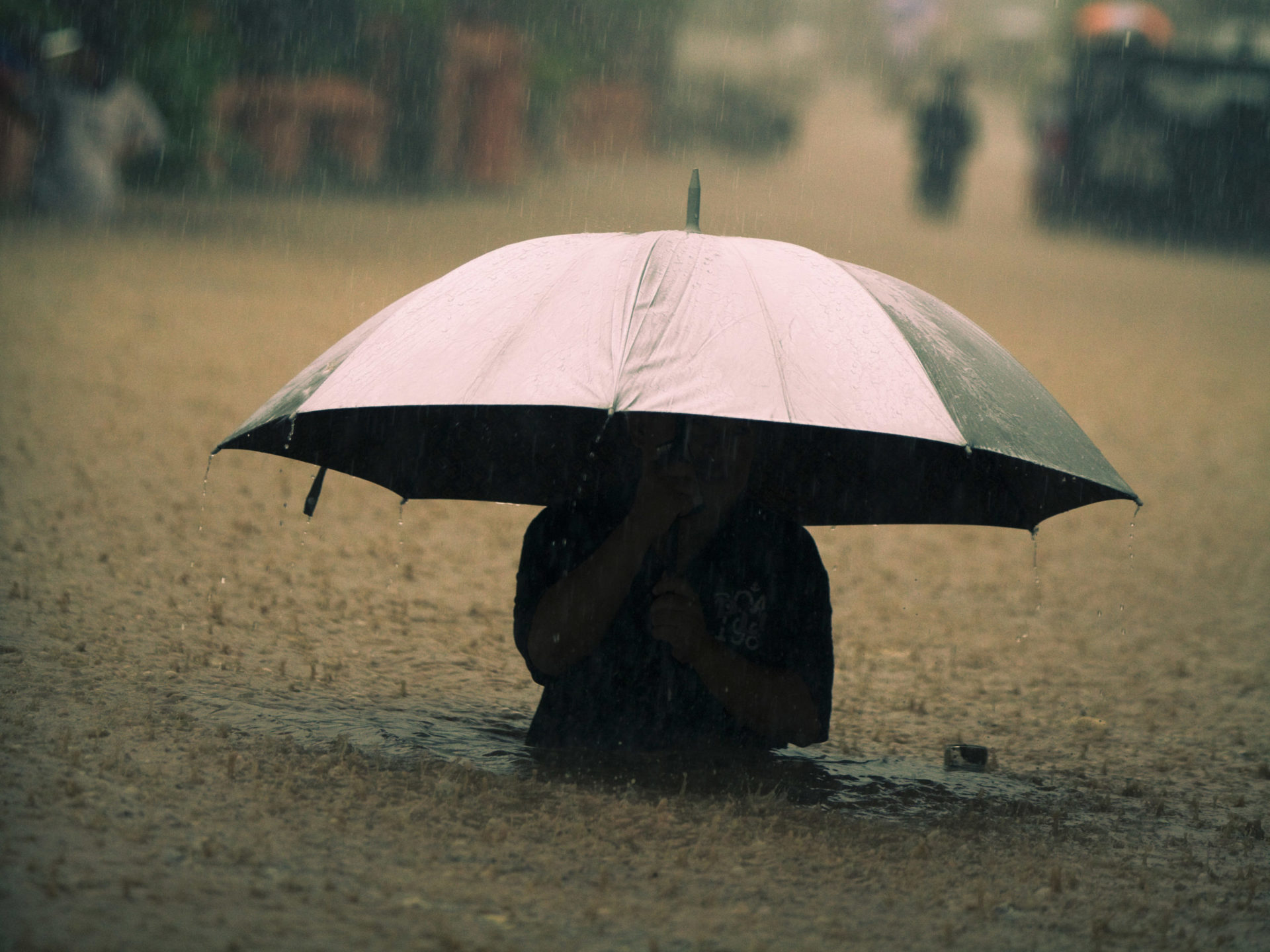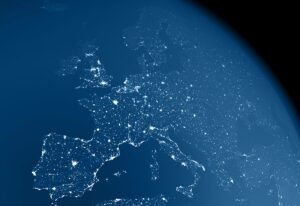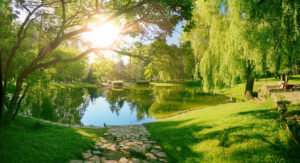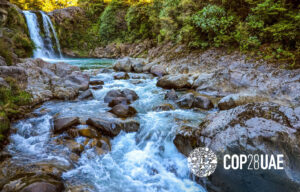Inspiring solutions presented at the High-Level Panel on Water Diplomacy
On 21 September, the International Day of Peace, SIWI convened the annual High-Level Panel on Water Diplomacy. The event focused on how the climate and security sectors can learn from each other.
The High-Level Panel on Water Diplomacy was organized by SIWI and the International Centre for Water Cooperation (ICWC) to raise awareness of the inter-linkages of water with climate and security, introducing the audience to the concept of Climate-Smart Security.
The speakers from EcoPeace Middle East, the Swedish Ministry for Foreign Affairs, the North Atlantic Treaty Organisation (NATO), and Potsdam Institute for Climate Impact Research (PIK) reflected on challenges from the diplomatic, security, climate research, and civil society perspectives. Introductory remarks by SIWI’s Advisor, Water and Peace, Dr Martina Klimes framed the dialogue with the question “How does the security of individuals impact national and regional security?“
In Carl Skau’s (Ministry for Foreign Affairs, Sweden) keynote speech, the importance of political will was highlighted as a key factor for the future. With examples of Sweden’s role in bringing climate security to the United Nations Security Council agenda, Skau stressed that “We need to go from understanding the problem, to what can we do about it? How do we respond diplomatically? Programmatically?”
Professor Johan Rockström, Director of the Potsdam Institute for Climate Impact Research, also talked about the need for transformative change. “We need to invest in resilience to avoid security tipping points,” he said, with reference to his groundbreaking work on planetary boundaries that must not be transgressed. More research is however needed, according to Professor Rockström.
Yana Abu Taleb, Director EcoPeace Middle East, talked about the importance of including local civil society groups. “This requires raising awareness among the most affected in the local communities,” she said. EcoPeace Middle East tries to build skills that are needed in a green economy. The organization brings together environmentalists from Jordan, Palestine and Israel.
The key message from the Panel was that we must have a better context-specific understanding of climate challenges, but also “create linkages between governments and their constituencies through aligning grassroots actions with national decision-making.” Further, the regional security organizations should help national governments to “enhance and better coordinate disaster risk response.”
The Covid-19 pandemic has challenged the notion that the world cannot change. It can mean demonstrating that, despite the many challenges, there are also many opportunities to do things differently and press the re-set button. A Climate-Smart Security Agenda is the way forward.








